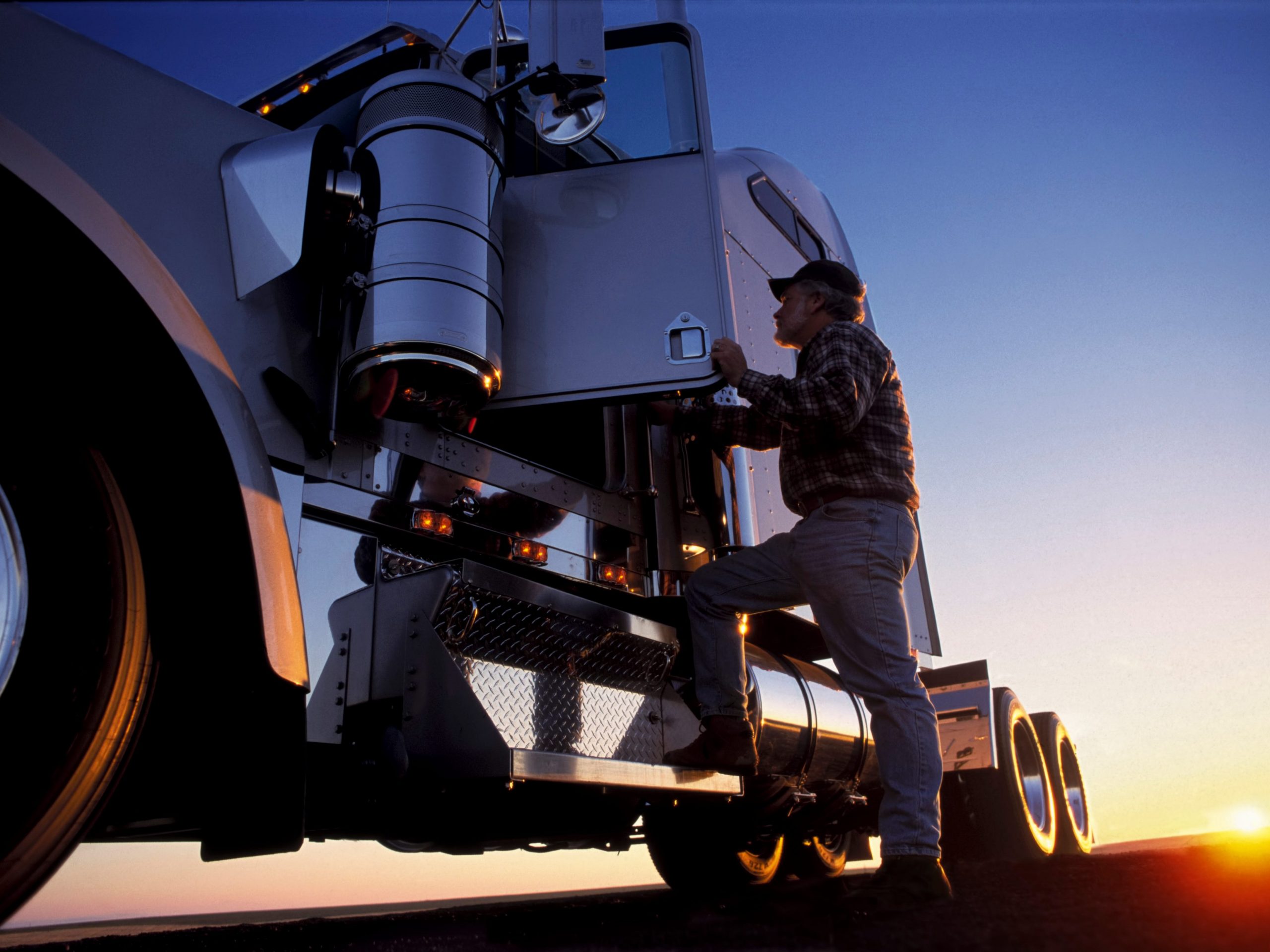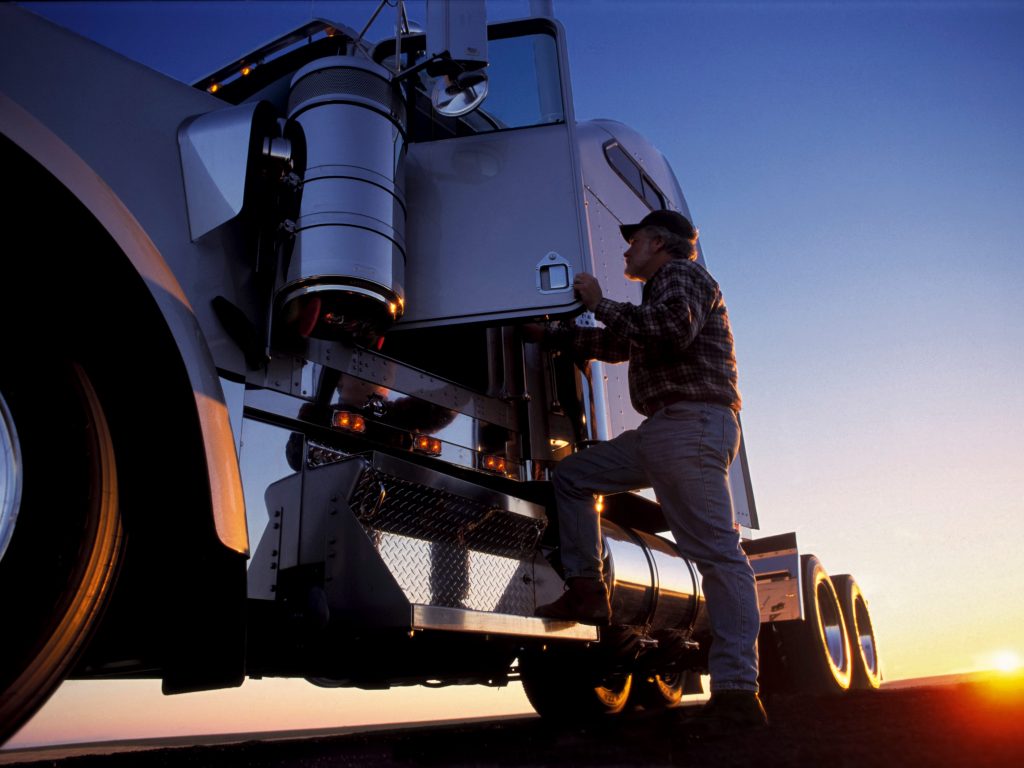
Mint Images/Getty Images
- A California high school is the first non-vocational school to offer a truck-driving course.
- The nationwide truck driver shortage is a leading cause of supply-chain issues.
- Pay for truck drivers is soaring as retailers scramble to find drivers to deliver inventory.
During a truck-driver shortage that exacerbates the supply-chain issues nationwide, Patterson High School in California is offering an elective class on truck driving to attract young people to careers in the industry.
The school is the first non-vocational high school in the country to offer a class on truck driving, according to NPR, and will offer hands-on training to the school's seniors.
"A lot of [students] who enroll in the course have never considered trucking as a career," instructor Dave Dein told NPR. "Trucking doesn't have a great reputation and it comes with a lot of misconceptions about what exactly a truck driver is."
Some common misconceptions are that the industry is dangerous and that drivers are paid little, Dein told NPR. The course will teach students how to get a commercial license and how to navigate scenarios that professional truck drivers might face on the road.
The high school's program will put students through 180 hours of classroom instruction and 30 hours of lab instruction, where they'll get hands-on experience in trucks, NPR reported. However, if a student wants to pursue truck driving professionally, they'd still need additional training once they turn 18 and must turn 21 before they're eligible to drive trucks across state lines.
Some students are able to nab a commercial driver's license right before they graduate, according to NPR.
Trucker shortages are contributing to empty store shelves and delayed shipping during the supply chain crisis as e-commerce sales and retail demand soar.
The trucking industry was struggling prior to the pandemic, with a downturn in manufacturing leading hundreds of companies to go out of business and tens of thousands of drivers to leave the industry. Many of the drivers who left aren't returning to trucking, and instead are turning to construction and driving for other companies like UberEats and Instacart. Stress and homesickness are also pushing some drivers out of the industry.
Though truckers are raking in higher paychecks during the pandemic as companies struggle to hire, even higher salaries haven't allowed companies to staff up enough to meet the demand from surging e-commerce sales.
